Visit the MGH Division of Internal Medicine Healthy Lifestyle Program website to learn more about this webinars series and other initiatives.
|
Need some support with a health-oriented New Years resolution? Check out this webinar with Thrive Founder Katie Engels featuring strategies and tools to support sustainable behavior change.
Visit the MGH Division of Internal Medicine Healthy Lifestyle Program website to learn more about this webinars series and other initiatives. "Thich Nhat Hanh, a Vietnamese Buddhist monk who was one of the world's most influential Zen masters, spreading messages of mindfulness, compassion and nonviolence, died on Saturday at his home in Tu Hieu Temple in Hue, Vietnam. He was 95." Read more about his life and legacy.
Watch Thrive Founder Katie Engels discuss her Health & Wellness Coaching Program at Mass General Hospital as part of the MGH Healthy Lifestyle Program’s “Think Outside the Pill” Stoeckle Center Seminar Presentation. As an introduction, she shared "it is so inspiring to be part of this team and today featured many opportunities to promote broader access to Health & Wellness Coaching throughout the Department of Internal Medicine."
Unwind this evening with this short guided mindfulness meditation And We Must Be Content With Stillness, featuring the Charles Tomlinson poem Farewell to Van Gogh.
Being mindful entails practicing being present and nonjudgemental, and when you commit to a regular mindfulness practice you strengthen your skills and ability to calm and center yourself in the face of life's challenges. Schedule a free thrive wellness coaching session to learn more about working with a wellness coach to develop a mindfulness practice. Farewell to Van Gogh The quiet deepens. You will not persuade One leaf of the accomplished, steady, darling Chestnut-tower to displace itself With more of violence than the air supplies When, gathering dusk, the pond brims evenly And we must be content with stillness. Unhastening, daylight withdraws from us its shapes Into their central calm. Stone by stone Your rhetoric is dispersed until the earth Becomes once more the earth, the leaves A sharp partition against cooling blue. Farewell, and for your instructive frenzy Gratitude. The world does not end tonight And the fruit that we shall pick tomorrow Await us, weighing the unstripped bough. Charles Tomlinson 1960 Overeating is as much about psychology as it is about biology – many people eat, or drastically control their eating patterns, to soothe emotional problems. Clinically speaking, 65% of women have eating disorders, but as Mary Pipher, Ph.D. asserts in Hunger Pains: The Modern Women’s Tragic Quest for Thinness, “recent psychological research indicates that virtually all women are ashamed of what they consider inferior bodies. Women also distort their body images – 90 percent of all women overestimate their own body size. Most try to control their eating and consider themselves fat.” The eating disorder reality is not about just about who has one, but that every woman, and increasingly men, all have their own uniquely disordered eating because of our culture’s intense pressures to control our weight and body composition. Eating disorders are clinically diagnosed when these common attitudes and behaviors reach an extreme level.
Pipher continues, “We are living in a culture that promotes a monolithic, relentless ideal of beauty that is quite literally just short of starvation for most women. For so many of us, thinness equals attraction, which equals value. This formula has created a generation of women whose behavior is self-destructive and whose thinking about themselves is punishing. To be a woman is to have a body image problem. For women, harmful eating patterns are becoming the norm. Women diagnosed as bulimic or anorexic are merely the extremes on a universal continuum.” 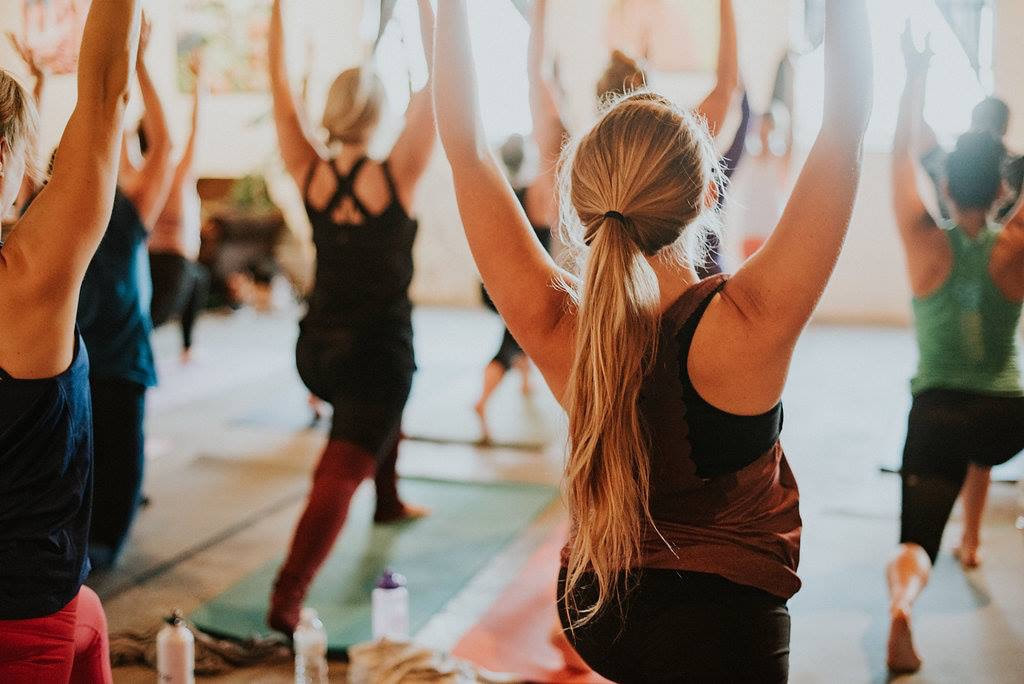 We miss our in-person yoga community at Thrive Wellness Coaching, so we are taking our practice online this Fall. Check out these resources to begin a home yoga practice, starting from any level.
THE 15 BEST ONLINE YOGA WEBSITES IN 2020 Take a 4 minute Mindfulness Break to calm and center yourself in the wake of stress.
Mindfulness skills gain power when you practice them regularly. Spend some time weekly on anything that pulls you into the present moment. This can be meditation, yoga, walking in nature, cooking, gardening, being active or even playing with young children. Spend some time each week on something that makes you lose track of time. When you commit to a regular mindfulness practice, you will have strengthened your ability to calm and center yourself, and this ability can be called on when you find yourself in an acutely stressful situation. Most of our Thrive Wellness Coaching clients have recently been weighing their responsibility to shelter and distance, and their need to connect with nature and experience open space. This is particularly tricky, but very important, for those that live in smaller spaces in more densely populated areas. Below are suggestions from the National Park Service on how to recreate safely and responsibility.
"Avoid high-risk outdoor activities, practice social distancing, stay in your local area and follow leave no trace principles. If you do head out, follow CDC guidance to prevent the spread of infectious diseases: maintain a distance of at least six feet from others, cover your mouth and nose when you cough or sneeze, and stay home if you feel sick. Check with your local national park for the latest information on service and operations available. Updates about the NPS response to the coronavirus will be posted at www.nps.gov/coronavirus. Connect with national parks online through digital opportunities and activities to do in your own home. To learn more, visit find your virtual park." #SlowTheSpread #RecreateResponsibly Set the mood for some home yoga practice as you shelter with this 60 minute flow playlist, featuring mellow vibes, gradual wind down tunes from the peak pose to some supported last shapes, and chimes and rain at the end to frame your savasana.
Aimlessness
"In the West, we are very goal oriented. We know where we want to go, and we are very directed in getting there. This may be useful, but often we forget to enjoy ourselves along the route. There is a word in Buddhism that means 'wishlessness' or 'aimlessness.' The idea is that you do not put something in front of you and run after it, because everything is already here, in yourself. While we practice walking meditation, we do not try to arrive anywhere. We only make peaceful, happy steps. If we keep thinking of the future, of what we want to realize, we will lose our steps. The same is true with sitting meditation. We sit just to enjoy our sitting; we do not sit in order to attain any goal. This is quite important. Each moment of sitting meditation brings us back to life, and we should sit in a way that we enjoy our sitting for the entire time we do it. Whether we are eating a tangerine, drinking a cup of tea, or walking in meditation, we should do it in a way that is 'aimless.' Often we tell ourselves, 'Don’t just sit there, do something!' But when we practice awareness, we discover something unusual. We discover that the opposite may be more helpful: 'Don’t just do something, sit there!' We must learn to stop from time to time in order to see clearly. At first, 'stopping' may look like a kind of resistance to modern life, but it is not. It is not just a reaction; it is a way of life. Humankind’s survival depends on our ability to stop rushing. We have more than 50,000 nuclear bombs, and yet we cannot stop making more. 'Stopping' is not only to stop the negative, but to allow positive healing to take place. That is the purpose of our practice—not to avoid life, but to experience and demonstrate that happiness in life is possible now and also in the future. The foundation of happiness is mindfulness. The basic condition for being happy is our consciousness of being happy. If we are not aware that we are happy, we are not really happy. When we have a toothache, we know that not having a toothache is a wonderful thing. But when we do not have a toothache, we are still not happy. A non-toothache is very pleasant. There are so many things that are enjoyable, but when we don’t practice mindfulness, we don’t appreciate them. When we practice mindfulness, we come to cherish these things and we learn how to protect them. By taking good care of the present moment, we take good care of the future. Working for peace in the future is to work for peace in the present moment." From Peace Is Every Step by Thich Nhat Hahn "Researchers at Yale and Oxford say exercise is more important to your mental health than your economic status. The scientists found that while people who exercise regularly tend to feel bad for 35 days a year, nonactive participants felt bad for 18 days more. The team also found that certain sports that involve socializing can have more of a positive effect on your mental health than others."
Read more at Business Insider. "Diet culture has made food and health a performance. Healing from diet culture and weight stigma means untangling from the performance and finding your way into a place where your needs, wants, desires and boundaries are louder than the externalized rules that demand adherence in exchange for worthiness."
From the Be Nourished Blog According to Andrew Cohen, “Ego is the deeply felt sense of being separate and superior. Indeed, it is an emotional and psychological compulsion to see and feel the self as being separate from and superior to the other, the world, and the whole universe. It is that locus point where the sense of individuality is also a sense of alienation, where the experience of autonomy is also one of isolation, and where even the experience of freedom is always shadowed, by a deeper sense, at the core of our being, by a sense of bondage, limitation, and hopelessness.
I believe that for most of us, the only solution to this evolutionary cul-de-sac, the only way to our own higher development, lies in the context of human relationship, relationship based upon a breakthrough to a shared experience and recognition of consciousness beyond ego -- a consciousness in which all parties experience simultaneously their own individual and collective transparency while remaining fully and completely themselves. In this higher We consciousness, we recognize, perhaps for the first time, why ego is the only problem, the only obstacle to the fulfillment of our imminent evolutionary potential. As long as the fears and desires of the ego remain the fundamental locus of our attention and the impulse to evolve is but a faint murmur in the background of awareness, nothing less than overwhelming force will bring the ego to its knees. The force of what? The force of impersonal absolute love that sees no other and recognizes only itself. In that love, our own higher conscience is awakened and screams relentlessly for our unconditional surrender without compromise. And it will keep on screaming until we all have finally transcended the need to be separate." |
Archives
January 2022
Categories
All
|
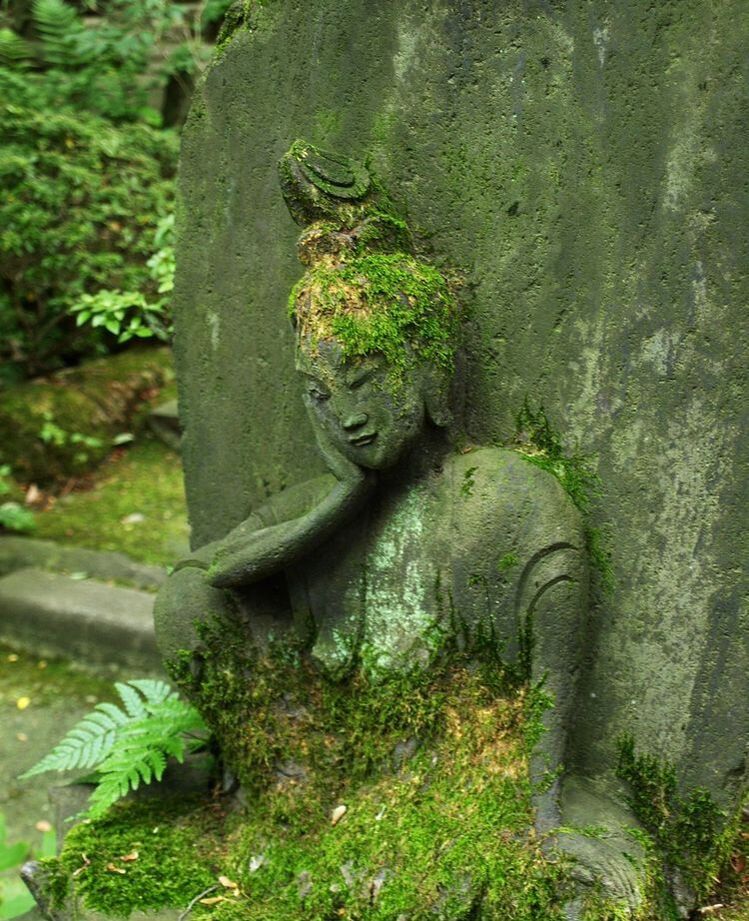

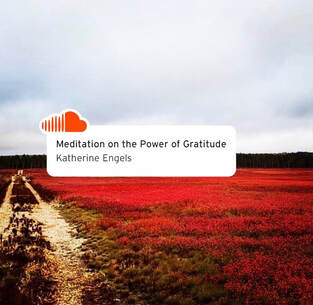
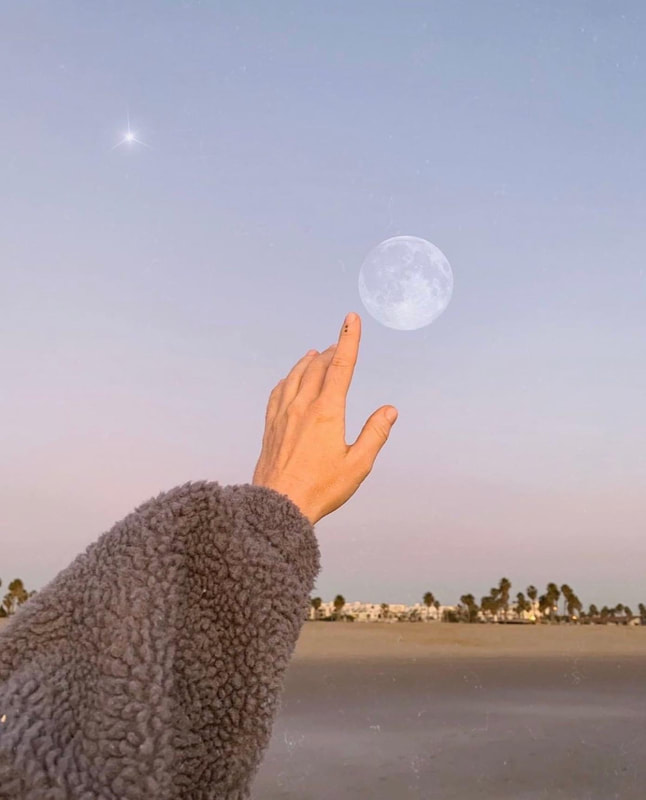


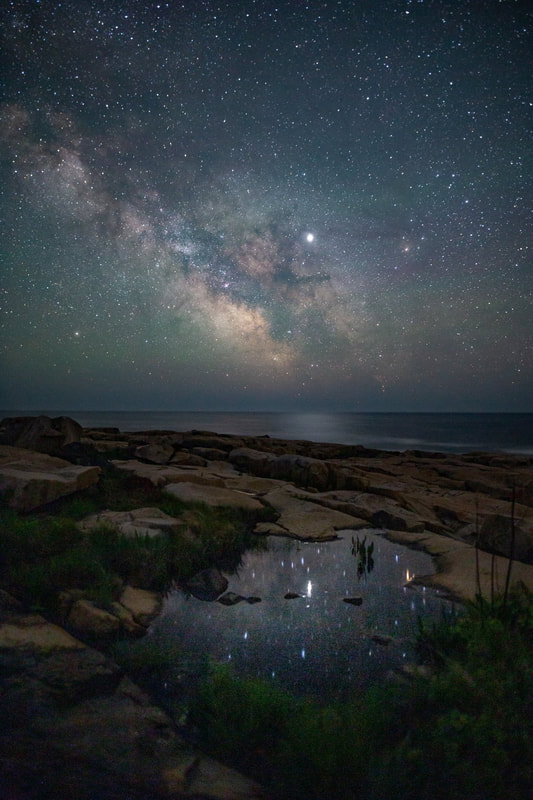
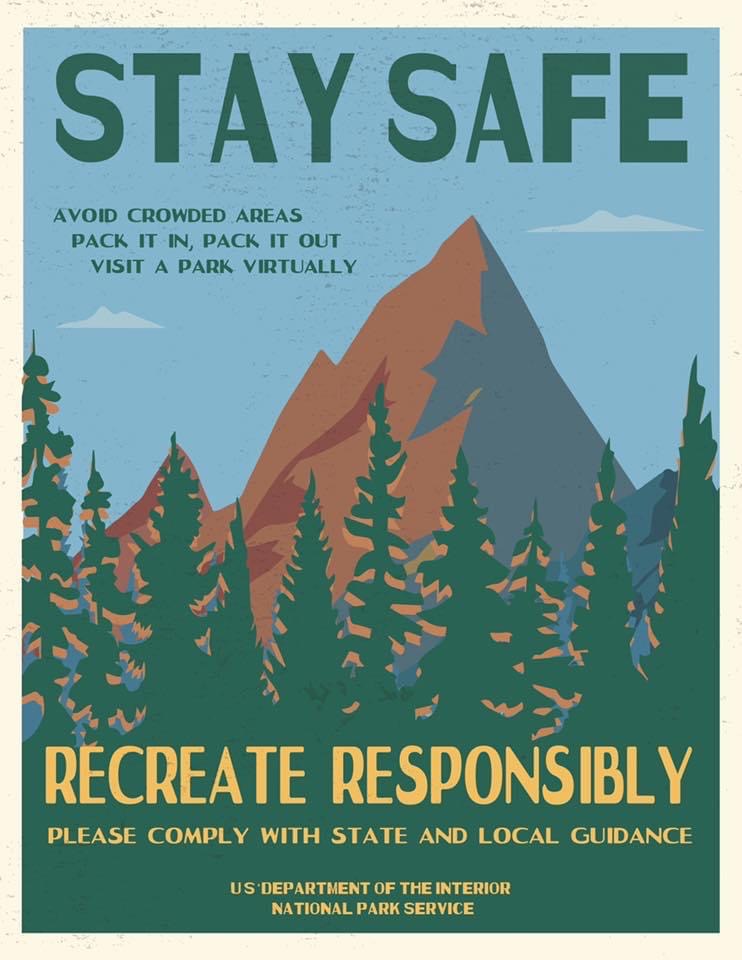
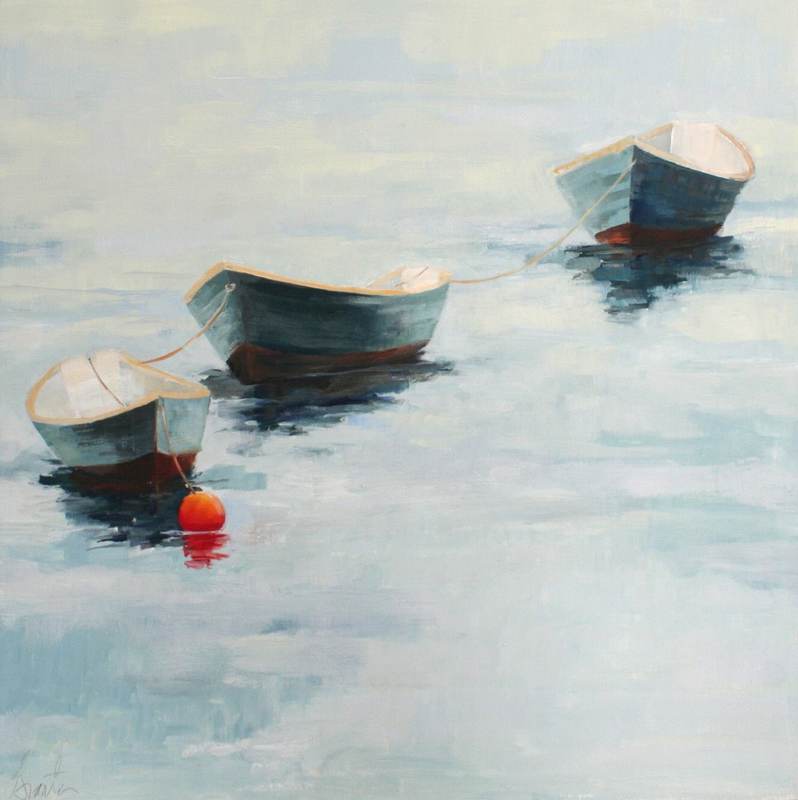

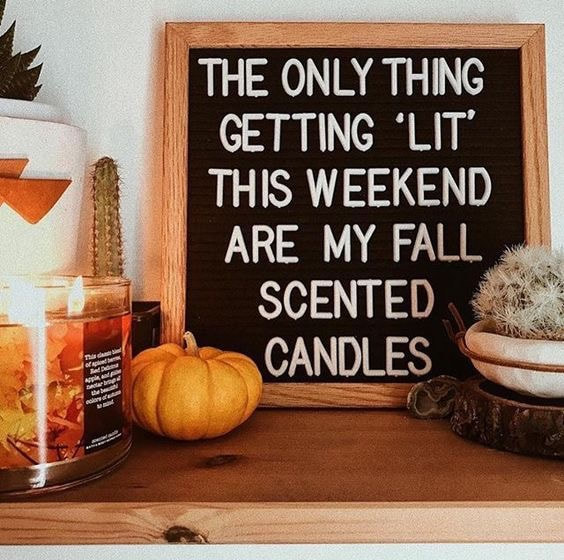
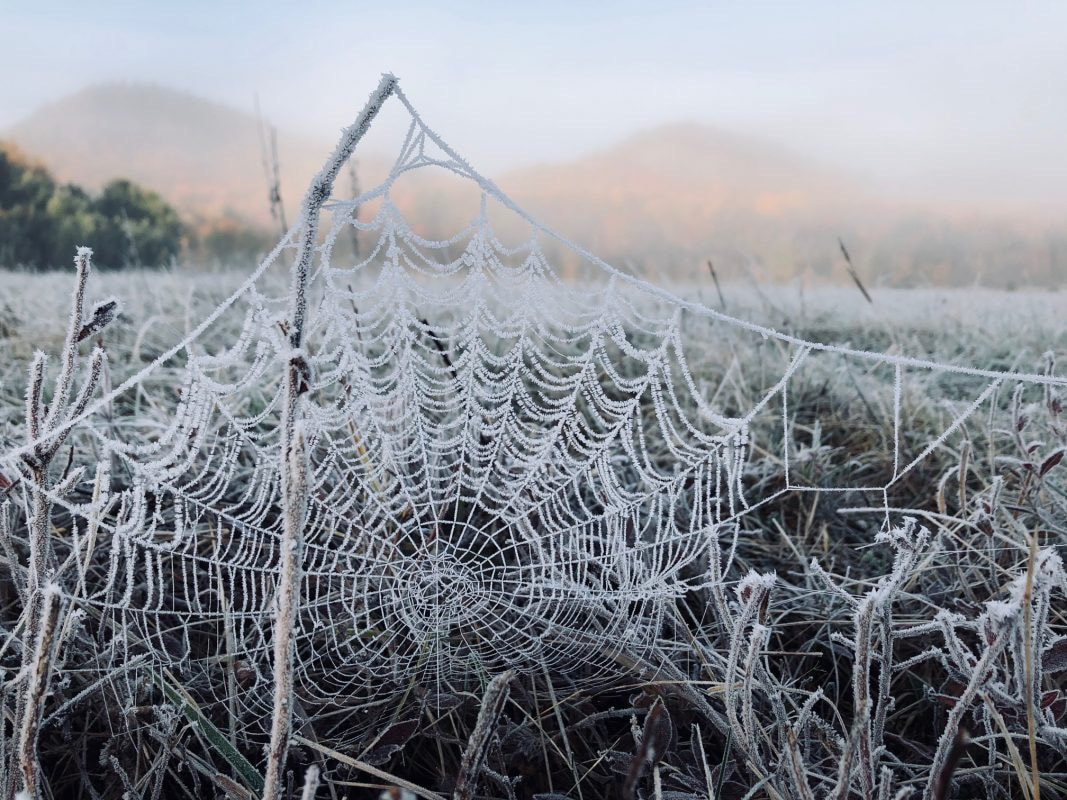


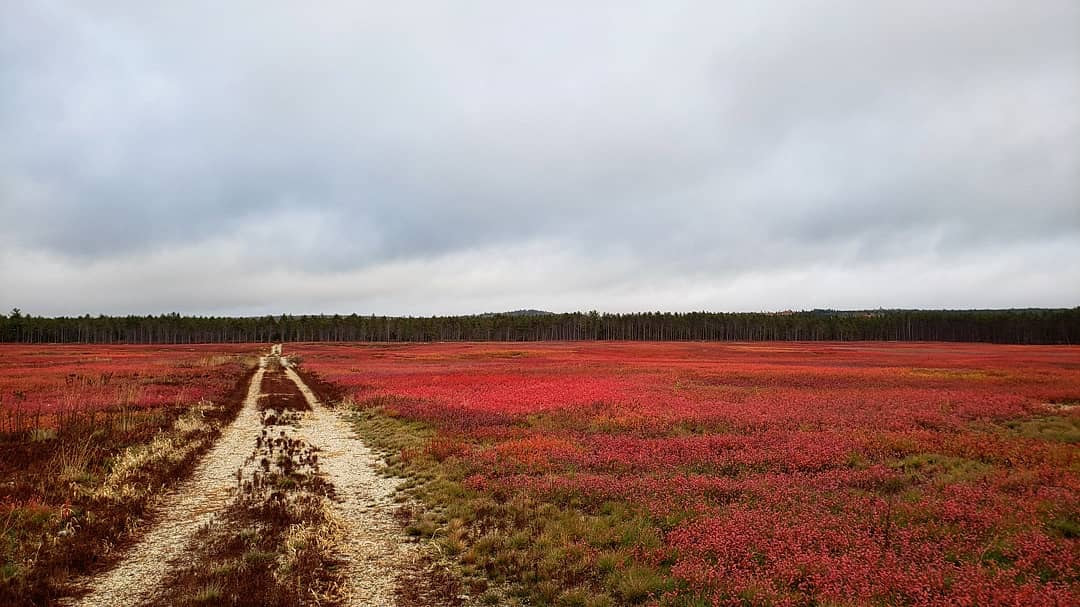



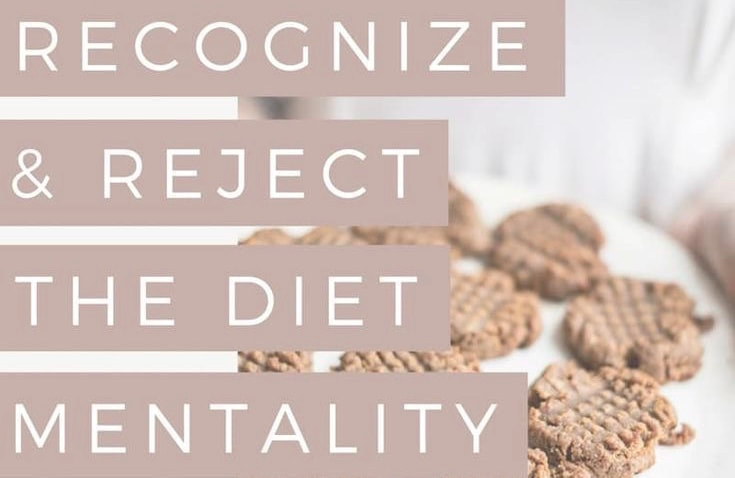


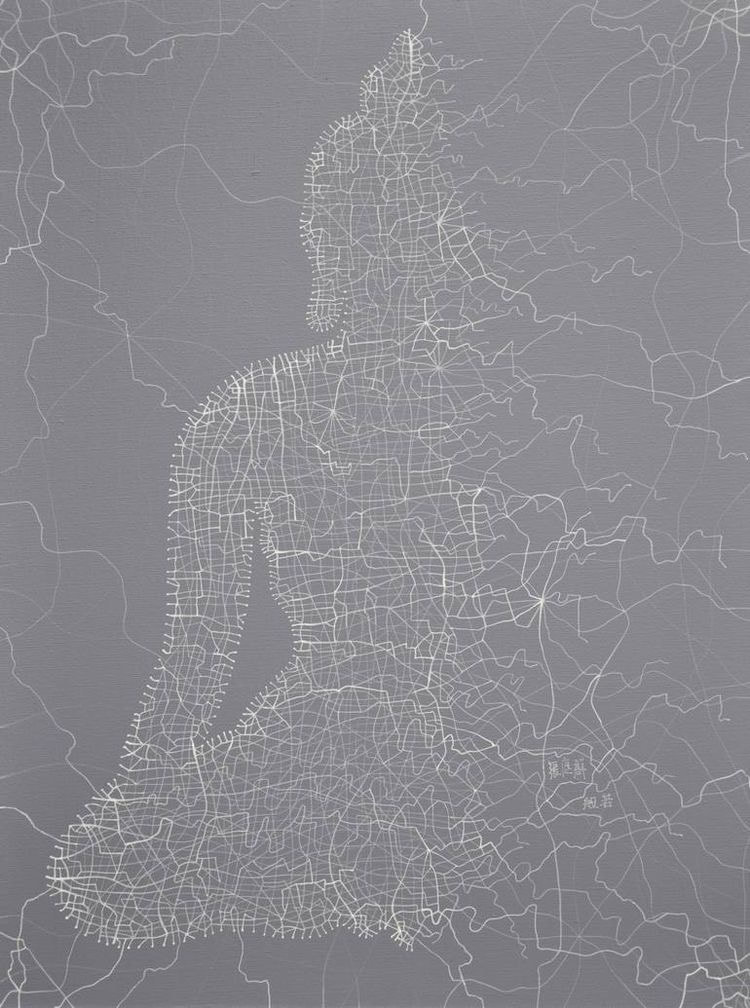
 RSS Feed
RSS Feed